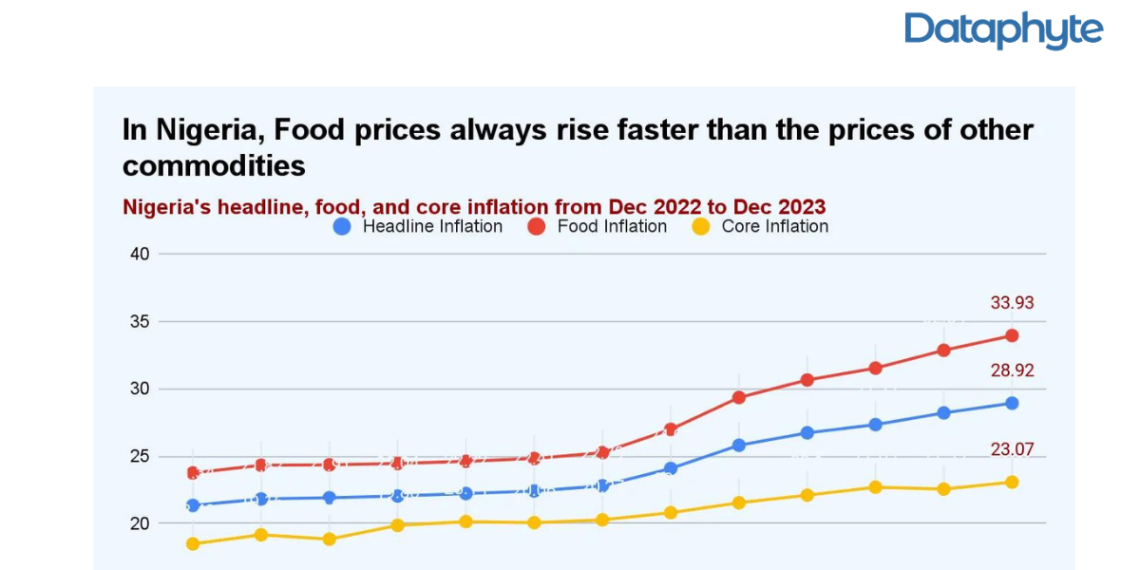
Strict Budgets and Street Bargains
It’s a pleasure to introduce to you the next newsletter from Dataphyte’s Insight Team. We’re so inspired by your acceptance of Marina and Maitama, our Thursday Newsletter. And here’s the next: Pocket Science!
Tag

It’s a pleasure to introduce to you the next newsletter from Dataphyte’s Insight Team. We’re so inspired by your acceptance of Marina and Maitama, our Thursday Newsletter. And here’s the next: Pocket Science!
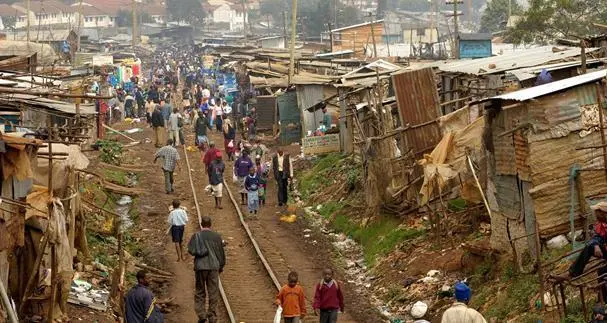
Nigeria has been so associated with poverty that the word has almost lost its true meaning for many Nigerians. It seems that the word has even become a national decorative muse with which the country competes for international poverty relief funds.
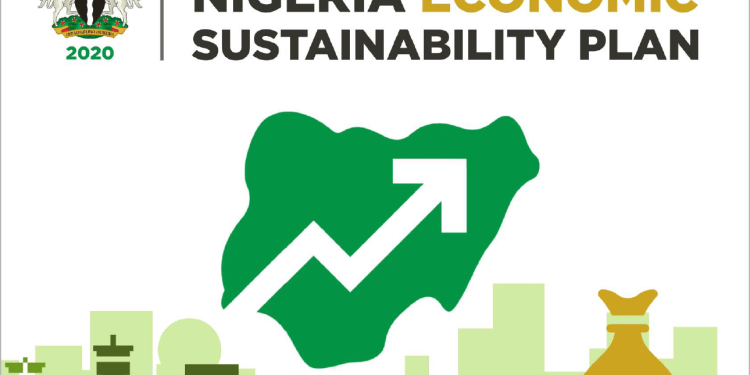
The challenges of coronavirus and dwindling oil price are aching Nigeria’s economy. Things may also get worse if not managed well. The situation would stimulate negative growth, worsen foreign exchange and increase unemployment. Also, the crises will reduce federal allocations. This means unpaid wages, limited capital spending at all tiers of government. By extension, the crises will impact Nigeria’s private sector and increase poverty.
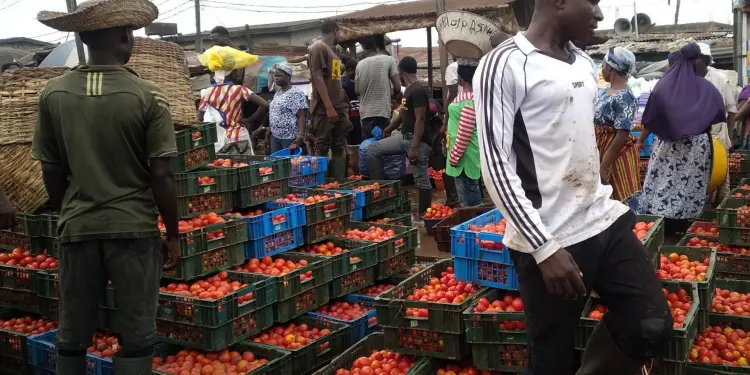
There are considerable increases in the price of food items since January 2020. This is according to the data from the April Food Price Watch of the National Bureau of Statistics. On a general note, the report reflected that the price of one dozen egg increased year-on-year by 2.04 percent.
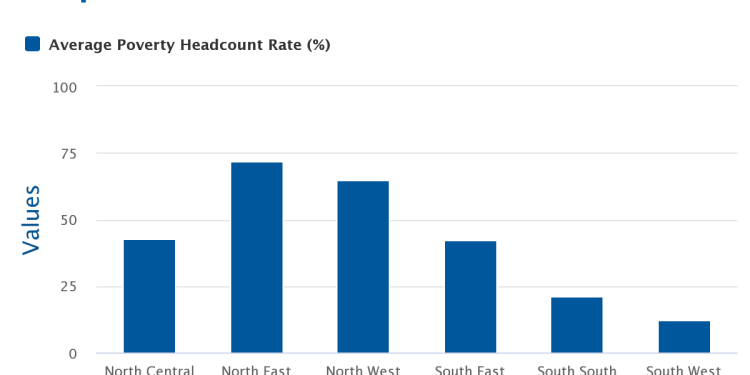
National Bureau of Statistics’ recently published Nigerian Living Standards Survey indicates that 40.09 percent of Nigerian are poor. With a staggering population of 205 million people, over 80 million Nigerians live in poverty. Whereas the poverty rate in urban areas is only 18.04 percent, as much as 52.1 percent of rural dwellers are poor.